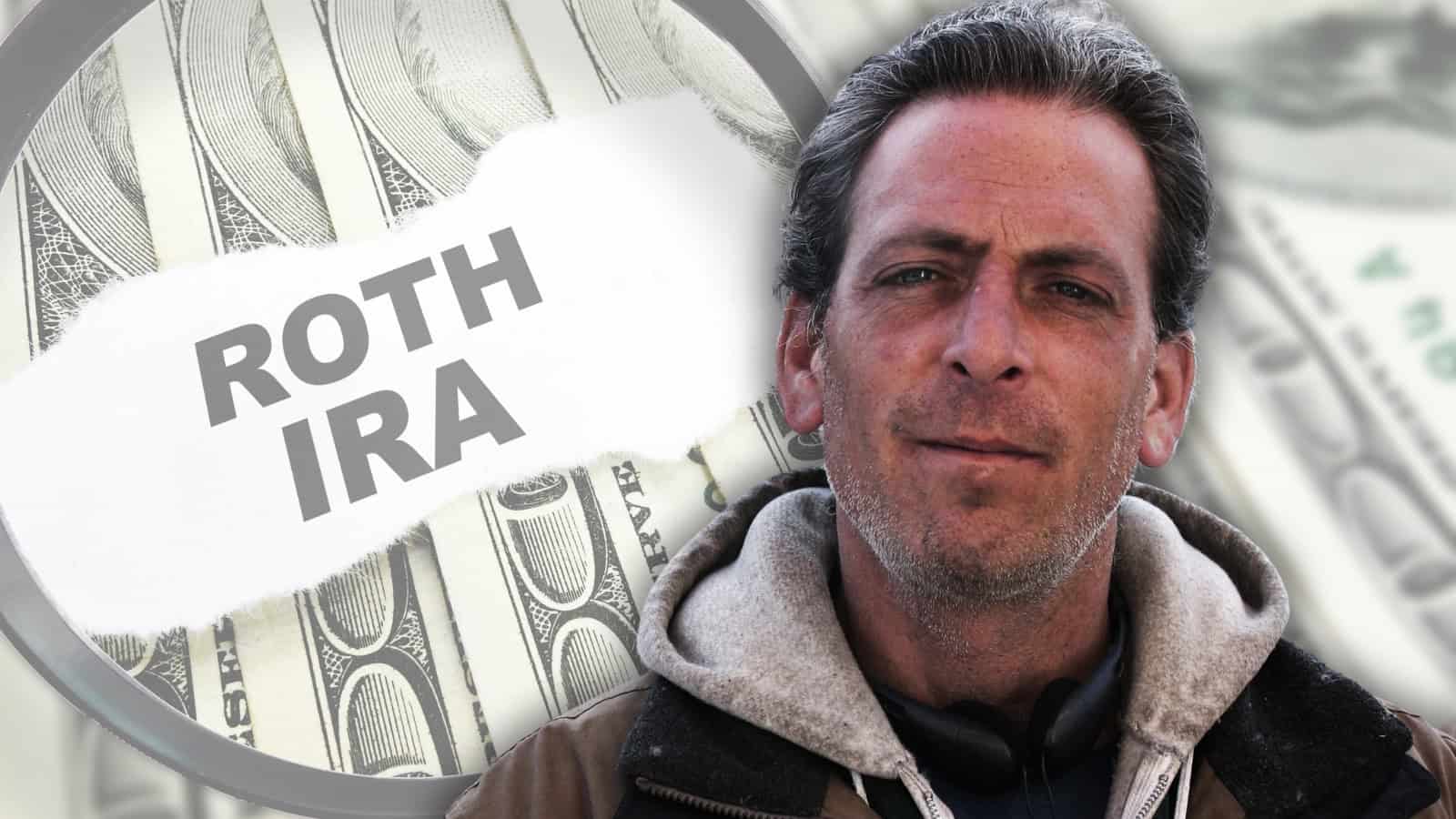Personal Finance
I'm planning on leaving work to go back to school - should I use these low-earnings years to convert my 401(k) to a Roth?

Published:

Life transitions can certainly provide many investors with plenty to think about. The idea of changing careers, getting married, having kids, or leaving work to go back to school are all big decisions that should be made in consultation with others and perhaps with a financial planner.
However, with so many unanswered questions and uncertainty around how to model out the specific return on investment (ROI) of such a move, many turn to social media for some answers on how to approach such decisions. One Redditor user asked such a question, posing the enigma of how to go about transferring the money in this individual’s 401(k) into a Roth account for retirement during what is expected to be lower-income years at school.
I have to say, this Reddit user is really thinking things through and is likely to have a bright future ahead. That’s because Roth conversions (taking money from a traditional 401(k) plan and converting it to a Roth plan) tend to come alongside significant tax impacts.
Let’s dive more into why the timing of this individual’s prospective Roth conversion may certainly make sense.
A Roth conversion is a powerful financial tool, especially during times when your income temporarily drops. What a Roth conversion allows for is for those who have put money into a traditional 401(k) plan (pre-tax money) to pay the tax hit today to transfer these funds to a Roth (after-tax dollars). In retirement, Roth withdrawals are tax-free, but the stipulation is that one must pay the tax at the time of contribution (in this case, at the time in which this user converts his funds over).
Given that this person’s income is expected to drop from around $140,000 per year to just $20,000-$40,000 per year, taking the conversion during these lower-income years (while this person goes back to school) certainly could make sense. Of course, depending on the size of the conversion, it could result in significant taxes (which the user has hopefully set aside in advance to pay). But all things considered, it’s best to do such a conversion when one’s salary is at its lowest, to minimize taxes throughout the process.
This individual seems to have figured this out, and received some solid advice from the Reddit community on things to keep in mind. Here are a couple key caveats to take into consideration with Roth conversions (even during lower-income years).
Converting one’s traditional 401(k) to a Roth IRA is a process that’s relatively streamlined with most providers, and isn’t that complicated to figure out from a process standpoint. However, as mentioned, there are things to consider before one jumps in the deep end with a conversion.
As mentioned, the tax implications of such a conversion are the most important thing to consider. This user appears to be timing their conversion well, but that’s something every individual and household will need to determine on their own as to what makes sense.
However, other Reddit users pointed out a couple key additional things this person may want to consider prior to the conversion. For one, getting healthcare from some other source (via a spouse or parents, etc.) may be optimal, as purchasing insurance may be required if this person’s income goes above a certain level. In other words, applying for some ACA healthcare plans may not be possible, so this is an important aspect to consider when leaving one’s job (and presumably not having healthcare benefits for a period of time).
Additionally, every plan is different when leaving a job, and investing options may be limited when one officially leaves their W-2 job behind. Some solid advice would be to put the capital in one’s retirement account to work in the funds he/she wants to be invested in for the long-haul before converting those funds over. Doing changes after one leaves may not always be possible, depending on the plan provider.
Roth conversions can be powerful tools that can help individuals maximize their retirement savings and produce optimal tax outcomes over the long-term. As mentioned, I think this individual is thinking about conversions the right way, and certainly has a couple other caveats to consider before making their decision.
Maximizing tax efficiency, and doing Roth conversions during periods of time where one expects to earn substantially less during their working years, is an optimal strategy. Considering the important rules around Roth Conversions, such as how much may be optimal to convert (some plans are all or nothing conversions, while others allow for partial conversions) and whether you’re in a state that even allows Roth conversions (some do not) is important.
But over the long-term, this is certainly one financial planning strategy I think is worthwhile for some investors to consider. It really depends on your unique factors, so as mentioned, discussing such a plan with a certified financial advisor may be the best course of action for most.
Retirement can be daunting, but it doesn’t need to be.
Imagine having an expert in your corner to help you with your financial goals. Someone to help you determine if you’re ahead, behind, or right on track. With SmartAsset, that’s not just a dream—it’s reality. This free tool connects you with pre-screened financial advisors who work in your best interests. It’s quick, it’s easy, so take the leap today and start planning smarter!
Don’t waste another minute; get started right here and help your retirement dreams become a retirement reality.
Thank you for reading! Have some feedback for us?
Contact the 24/7 Wall St. editorial team.